Brazil Virus Toll Surges, Pope Address After 3 Months
Brazilian President Jair Bolsonaro defiantly rallied with his supporters Sunday as the country's coronavirus death toll surged to world's fourth highest, and global fatalities hit 370,000.
More than one million cases of COVID-19 have been recorded in Latin America and the Caribbean, around half of them in Brazil, according to an AFP tally, as the region emerged as a worsening hotspot.
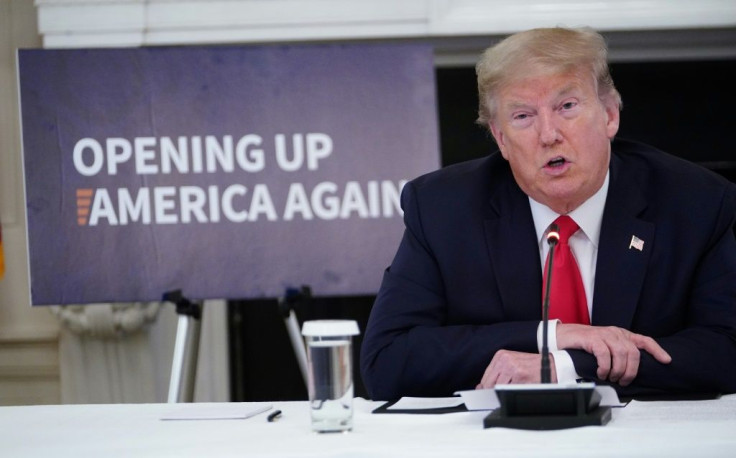
The world has moving at varying speeds to lift lockdowns that have wrecked economies and stripped millions of their jobs, and on Sunday many Muslims in Jerusalem and other cities flocked to newly reopened mosques.
Brazil has become the epicenter of South America's outbreak with almost 500,000 confirmed cases and nearly 28,000 deaths.
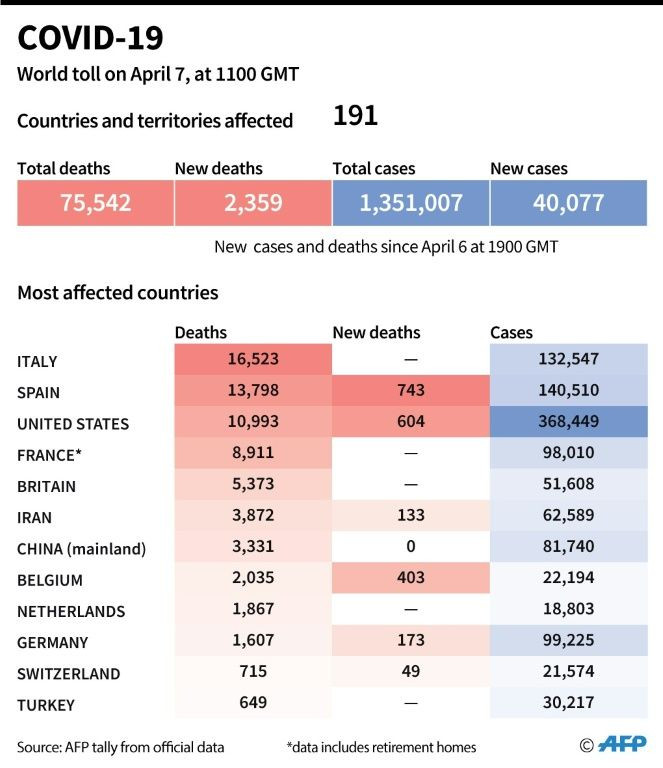
Bolsonaro, wearing no face mask, met a tightly packed throng of supporters outside the government palace in the capital Brasilia as crowd chanted "myth! myth! myth!" -- echoing his dismissal of the virus threat.
He picked up children and put them on his shoulders, and briefly mounted a police horse, while in the city of Sao Paulo his supporters fought with pro-democracy demonstrators.
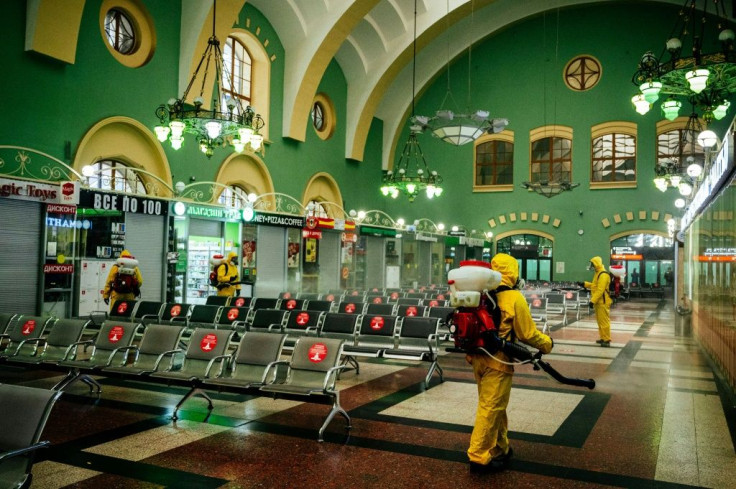
Chile said Sunday it had hit 1,000 deaths after a sudden increase in the last two weeks, making it one of the countries most affected by the pandemic in Latin America.
Peru has recorded 4,500 deaths, while Bolivia is set to lift containment measures on Monday -- but four of the country's nine regions said they would defy the order and extend the restrictions.
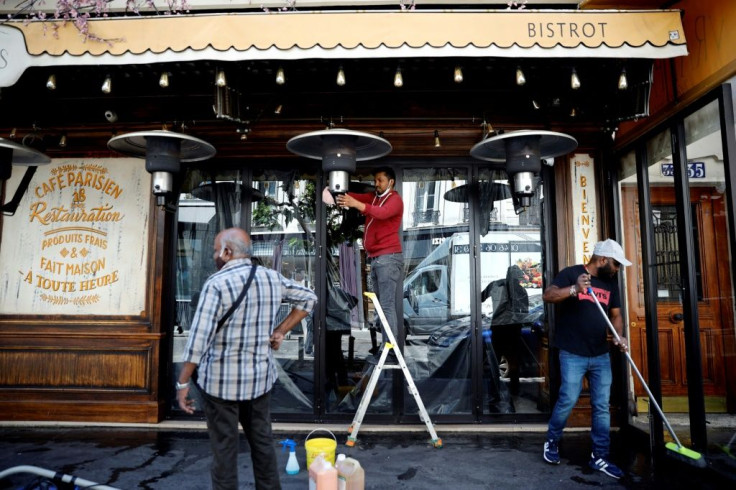
At the Vatican, Pope Francis prayed for the Amazon's "particularly vulnerable" indigenous people on Sunday in his first address to the faithful on Saint Peter's square in nearly three months.
The pope earlier said that "everything will be different" after the pandemic.
"From the great trials of humanity -- among them this pandemic -- one emerges better or worse. You don't emerge the same," he said.
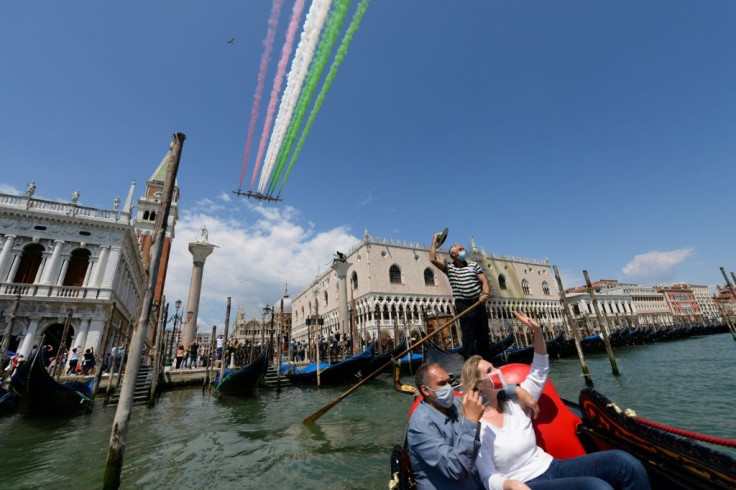
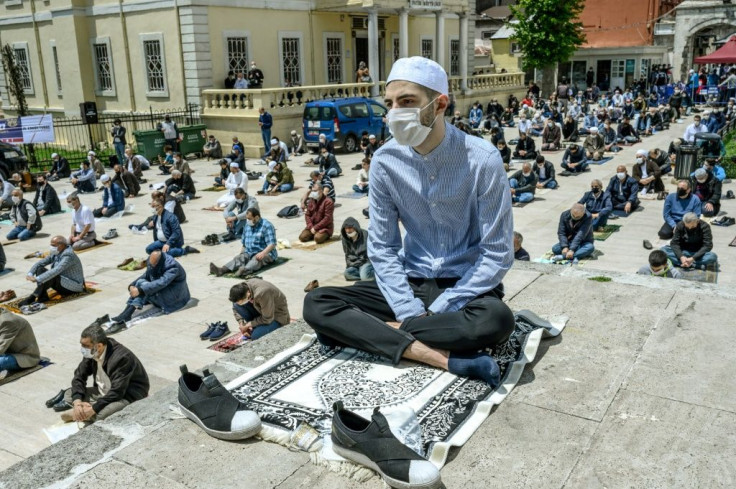
But the disputes that have long dominated the world continued to rear their heads.
The opening of Jerusalem's Al-Aqsa mosque compound on Sunday was marred by rising Israeli-Palestinian tensions.
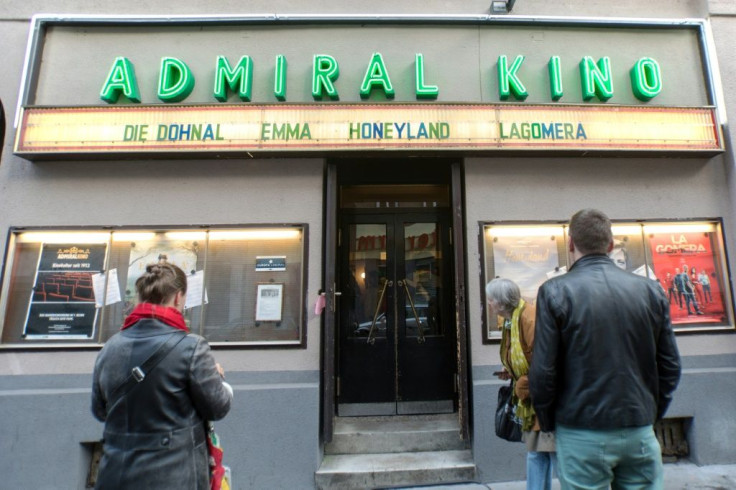
Israeli soldiers were stationed at the gates of Islam's third holiest site hours after an Israeli police officer shot dead a disabled Palestinian man in nearby annexed east Jerusalem.
US President Donald Trump meanwhile faced a backlash after cutting funding to the World Health Organization.
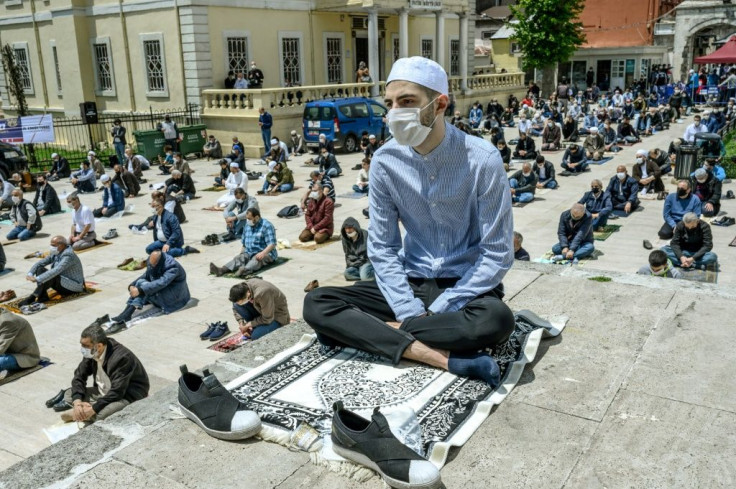
Trump accused the WHO of not doing enough to curb the early spread of the virus and being too lenient with China, where the disease emerged late last year.
It is a major blow for the UN's health agency, as Washington is by far its biggest contributor.

On Sunday, the White House said it had sent two million doses of hydroxychloroquine to Brazil to fight COVID-19, though the drug has not been proven effective against the coronavirus. It will also send 1,000 ventilators.
The worldwide crisis has further deepened inequality as the costs mount from the global economic shutdown.
In Bangkok, motorcycle taxi driver Thanapat Noidee, who shares a tiny hut with his wife and children, said his normal income of $31 a day has been halved.

"Without food donations, I'll have to fight harder for my family to survive," Thanapat said, as Thailand's parliament approved a record near-$60 billion economic stimulus.
In countries where the virus seems to have abated, there has been pressure to ease restrictions, despite experts warning of a possible second wave of infections.
In Britain, which recorded 960 new deaths on Saturday ahead of starting to lift its lockdown on Monday, some senior advisors to the government warned that it was moving too quickly.
"COVID-19 spreading too fast to lift lockdown in England," tweeted Jeremy Farrar, a member of the government's Scientific Advisory Group for Emergencies.
In Paris, parks opened on the weekend for the first time in months, ahead of restaurants, cafes and bars reopening on sidewalks and terraces on Tuesday.
India announced it would begin relaxing the world's biggest lockdown in stages from early June, even as it marked another record daily rise in infections.
Bangladesh lifted its lockdown on Sunday, with millions heading back to work in densely populated cities though the country logged record spikes in new deaths and infections.
"I tried to avoid crowds when I walked to my office. But social distancing is impossible in Dhaka's footpaths," banker Badrul Islam told AFP.
In the United States, Washington and Los Angeles resumed outdoor dining, while New York City is on track to begin reopening from the week of June 8.
With 598 deaths recorded on Sunday, the US toll is over 104,000.
After largely lifting its restrictions, Iran passed the grim milestone of 150,000 virus cased on Sunday, as the Middle East's hardest-hit country struggles to contain a recent upward trend.
The financial damage continues to pile up, with India, Canada, Brazil, France and Italy registering shrinking GDP figures in the first quarter ahead of an expected worldwide recession.
The downturn has decimated the aviation industry, and Emirates Airline said Sunday it would cut "a few" jobs, an ominous statement from the Middle East's largest carrier which employs around 100,000 people.
The world's faithful have been slowly re-congregating as countries such as Iran and Turkey have allowed collective prayers to resume in mosques.
In Saudi Arabia, mask-clad worshippers on Sunday thronged to mosques that opened nationwide -- except in the holy city of Mecca.
"But I swear to God that some people do not care about anything. No face mask. No rug."
© Copyright AFP 2024. All rights reserved.




















